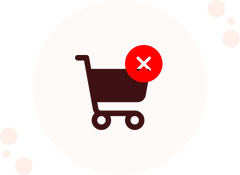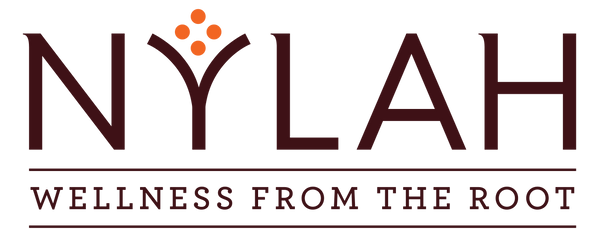Understanding the Role of Diet in Hair Health
Your hair's health begins from within, and vitamins and minerals from your diet play a crucial role in the hair follicle growth cycle and cellular turnover. A deficiency in essential nutrients can lead to hair loss, affecting the thickness, strength, and overall appearance of your hair.Why Diet Matters
To grasp the significance of diet in maintaining healthy hair, let's explore the structure of our hair strands. The magic happens beneath the scalp, where the hair follicle, also known as the dermal papilla, is connected to the blood supply. Therefore, a diet rich in key minerals and vitamins not only supports but also enhances hair health and overall well-being.Essential Vitamins and Minerals for Healthy Hair
Here are some essential nutrients recommended for healthy hair growth:Zinc: Deficiency in zinc has been linked to hair loss, particularly in cases of alopecia areata. Lower zinc levels are often observed in individuals with this disorder.
Vitamin C: Vitamin C's antioxidant properties may help prevent oxidative stress, which can contribute to hair greying and thinning.
Copper: Adequate copper levels are crucial for optimal hair health. They support the transportation of oxygen and nutrients to the hair follicles, promoting robust growth.
Iron: Iron deficiency is commonly linked to hair loss, with common signs including hair thinning or increased shedding.
Vitamin D: Studies have found that people with alopecia areata commonly have vitamin D deficiencies, although more research is needed to establish a definitive link to hair loss.







